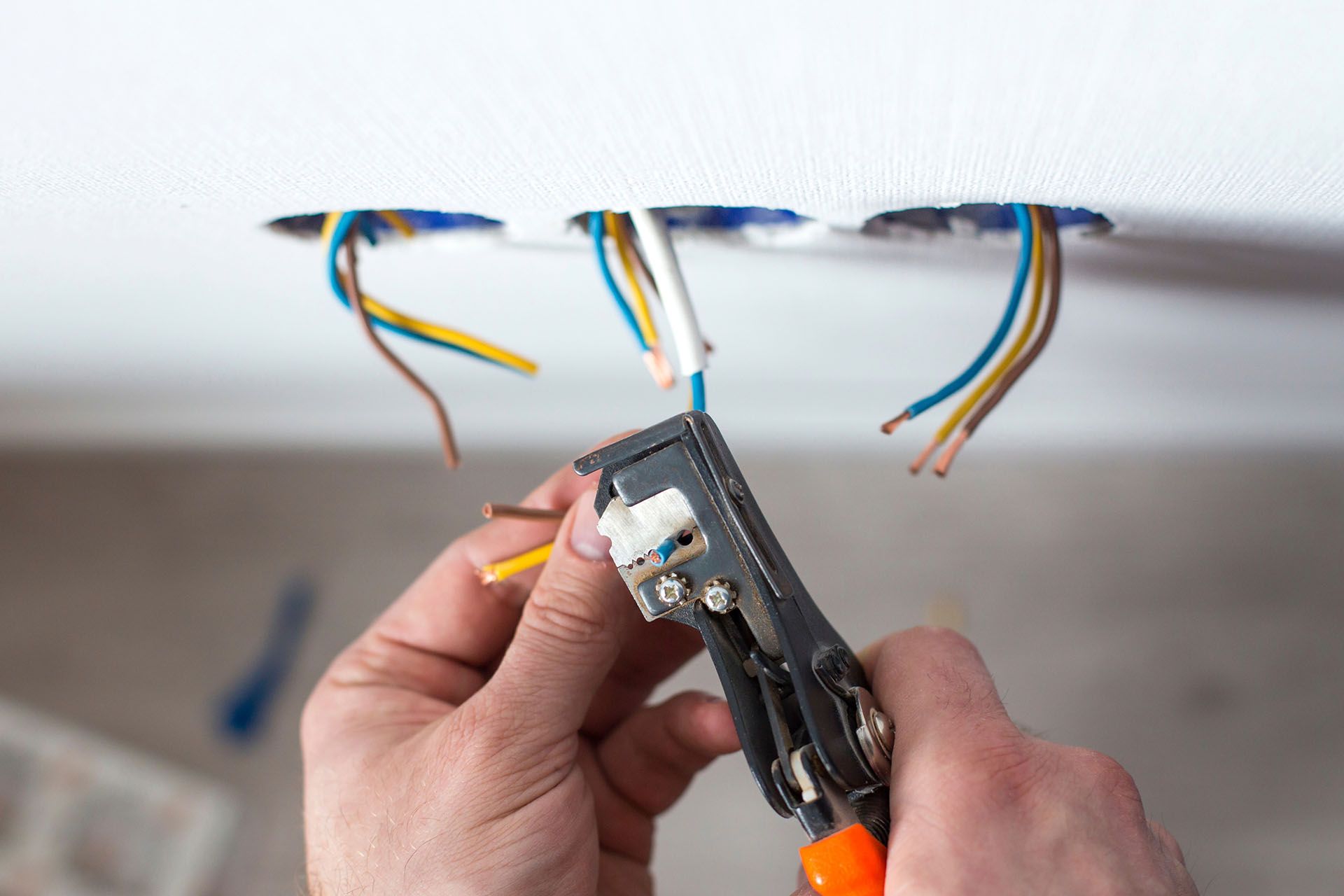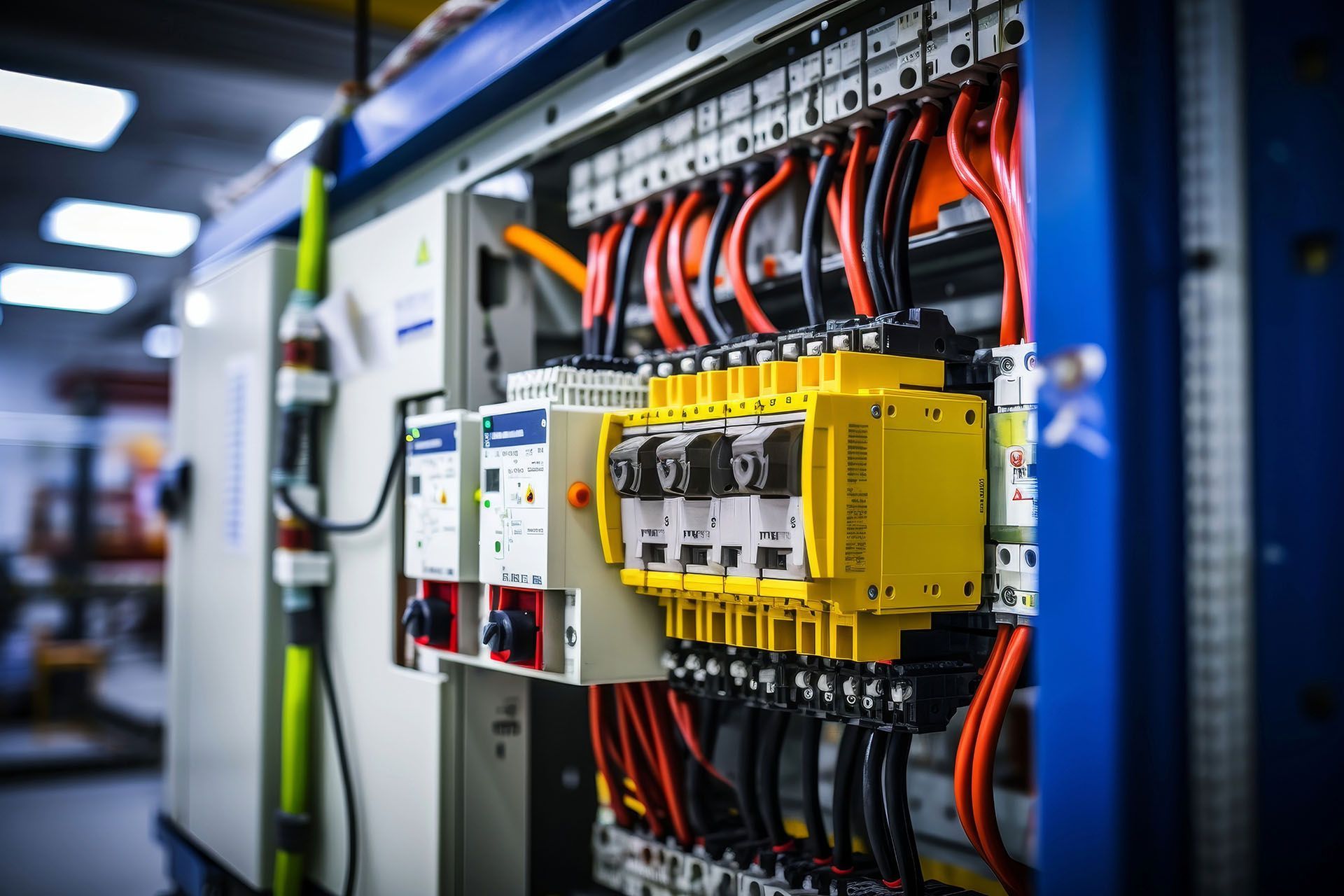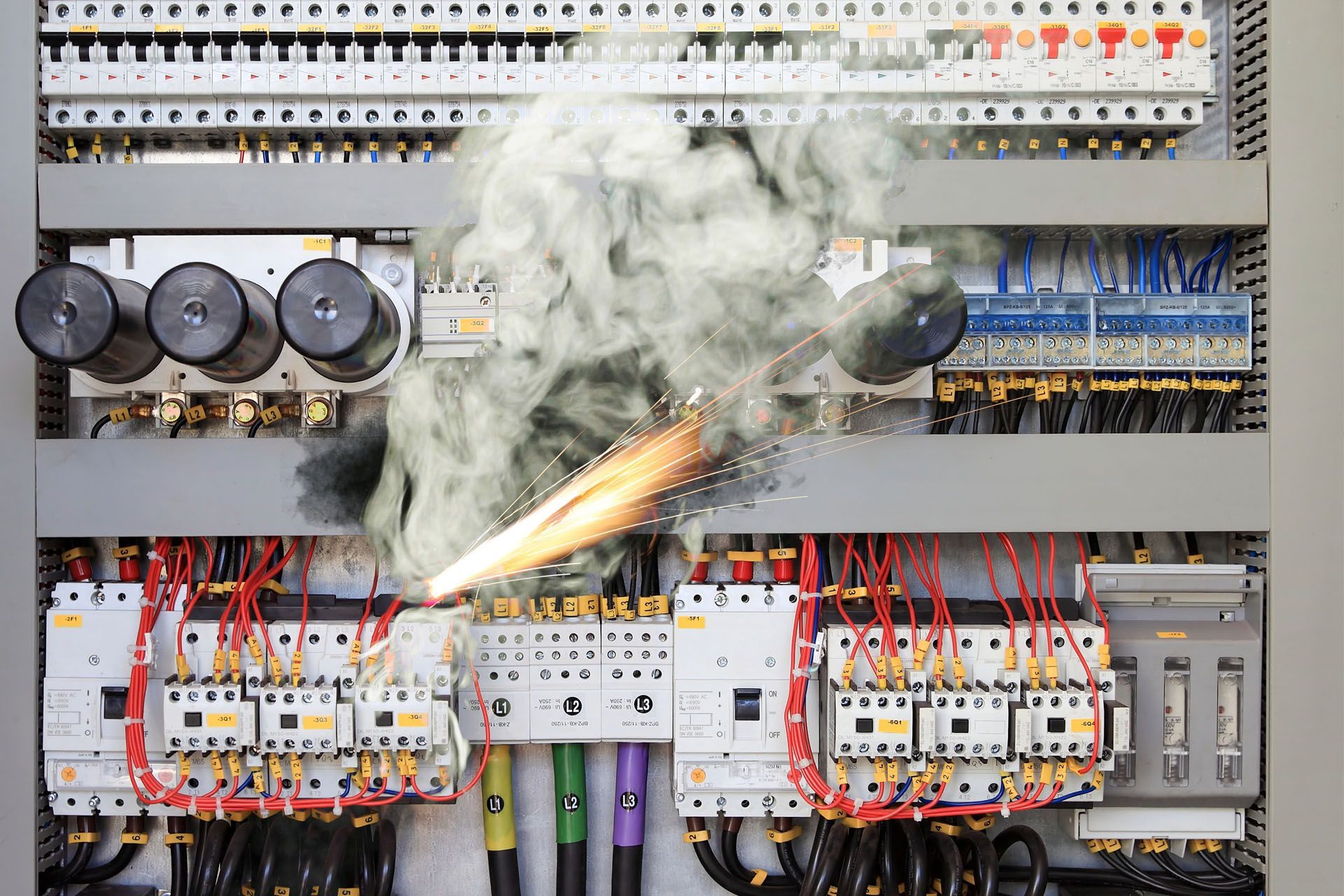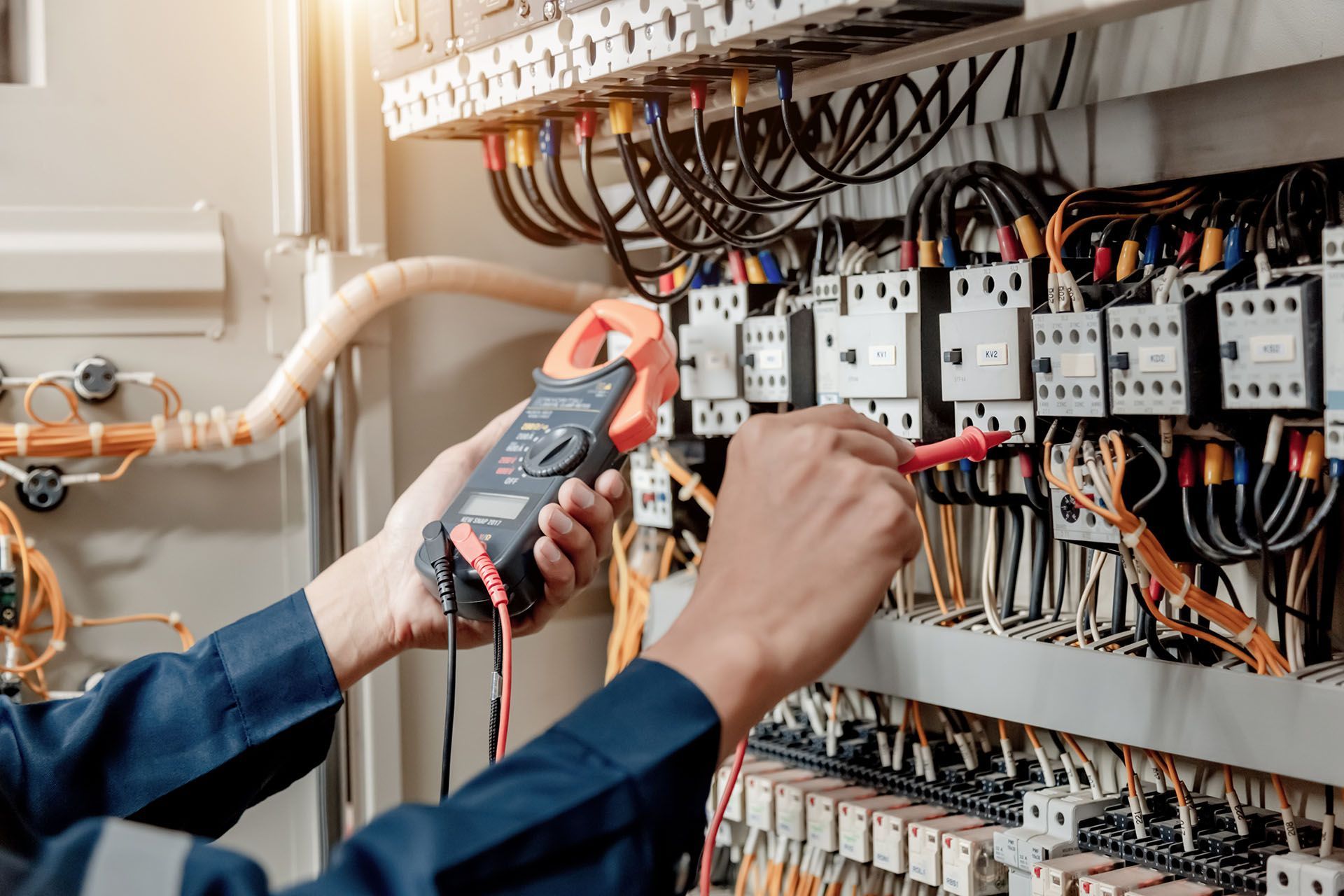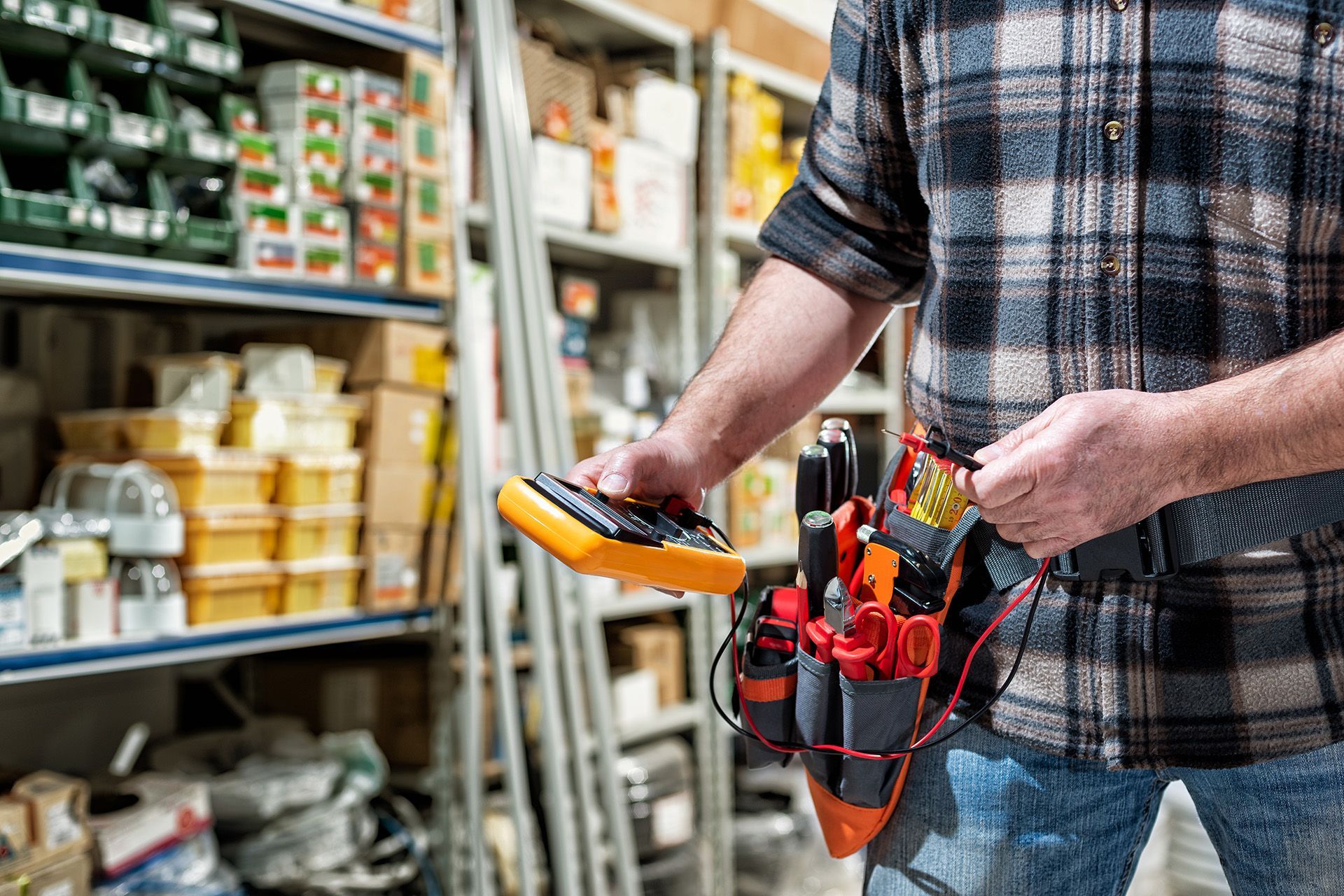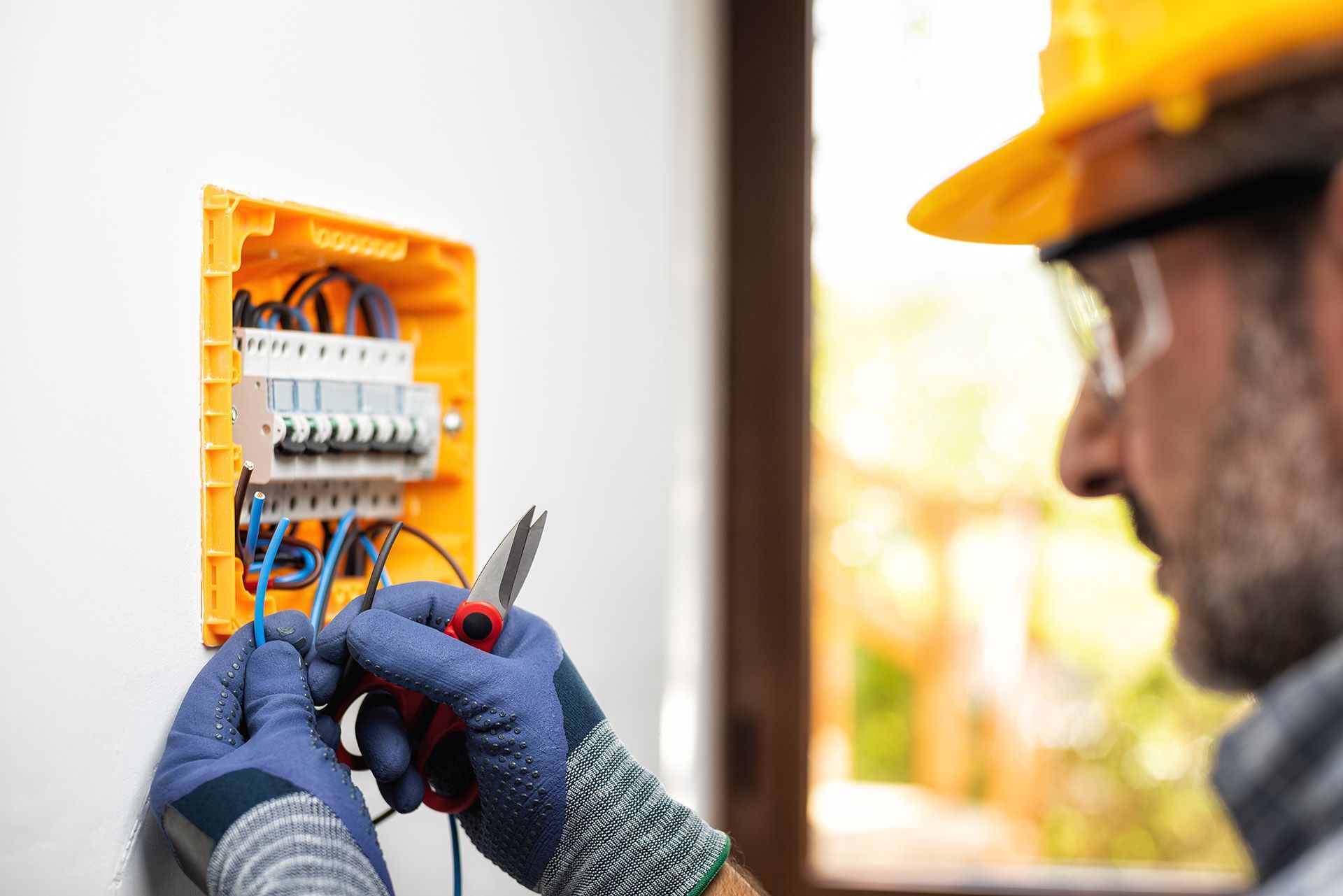Address: Unit 19, 54 Fairey Rd, South Windsor NSW 2756
Power-Saving Hacks: Easy Tips to Save Electricity Bills
Rising electricity bills can be a source of stress for many households, especially as electricity costs continue to climb. While it may seem daunting to take control of your energy usage, there are plenty of simple yet effective ways to reduce your electricity consumption without compromising comfort or convenience.
In this blog, we’ll explore easy tips and tricks that will not only help you save electricity but also make a noticeable difference in your energy bill. Get ready to take charge of your energy usage with these practical, budget-friendly tips that are perfect for any home.
Benefits of Saving Electricity at Home
Saving electricity at home is important for several reasons:
Energy Efficiency
Saving electricity at home reduces unnecessary energy consumption and ensures that appliances and systems operate only when needed. By using energy-efficient appliances, adjusting thermostat settings, and turning off devices when not in use, households can maximise the use of the electricity they consume.
Reduces Energy Bills
Saving electricity directly lowers your monthly electricity bill, allowing you to allocate your budget to other essential needs or savings. Simple actions like switching off unused lights can actually lead to significant annual savings.
Preserves Natural Resources
Electricity is often generated using finite resources such as coal, gas, or oil. Conserving energy helps to reduce the depletion of these resources. By promoting energy efficiency, we can reduce the demand for these non renewable energy sources, which helps mitigate environmental damage caused by their extraction and use.
Decreases Carbon Footprint
By reducing electricity usage, households contribute less to greenhouse gas emissions. This helps to mitigate climate change and supports global efforts to create a cleaner, more sustainable environment. This not only benefits our environment but also helps households save energy bills, making it a win-win situation for both the environment and personal finances.
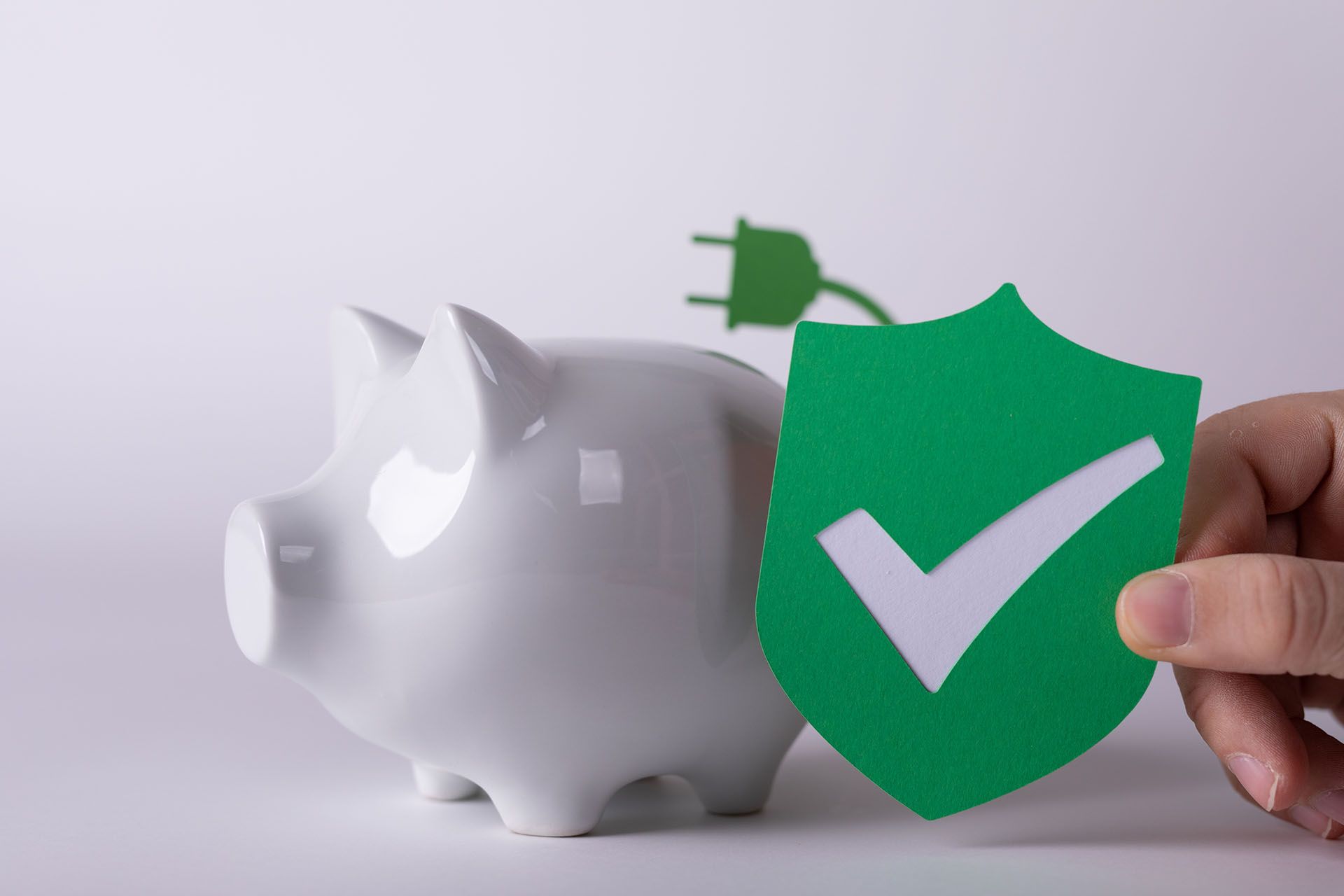
Enhances Appliance Longevity
Using appliances efficiently reduces wear and tear, extending their lifespan. This minimises replacement costs and prevents unnecessary electronic waste. By taking care of appliances, we can conserve resources and reduce the environmental impact associated with manufacturing and disposing of electronics.
Improves Energy Security
Lowering electricity consumption reduces the strain on power grids, preventing outages and providing a more stable energy supply for everyone in your community. This can lead to improved energy resilience and a more reliable infrastructure, benefiting both households and local businesses.
Promotes Eco-Friendly Habits
Conscious energy use fosters a culture of sustainability within the household. Teaching family members these habits encourages long-term environmental responsibility. As these habits become ingrained, they can inspire others in the community to adopt similar practices, creating a broader impact to save energy.
Supports Technological Advancements
Reduced energy consumption drives demand for energy-efficient technologies, encouraging innovation and the development of smarter appliances and renewable energy systems. This not only helps lower environmental impact but also creates new job opportunities and economic growth in the clean energy sector.
Practical Ways to Reduce Your Energy Bills
1. Switch to Energy-Efficient Lighting
Replace incandescent bulbs with LED or CFL bulbs, which use up to 80% less energy and last significantly longer. For more extensive electrical upgrades or to ensure proper installation, consult a reputable commercial electrician. This simple change can greatly reduce how much energy you consume and significantly lower your energy bills over time.
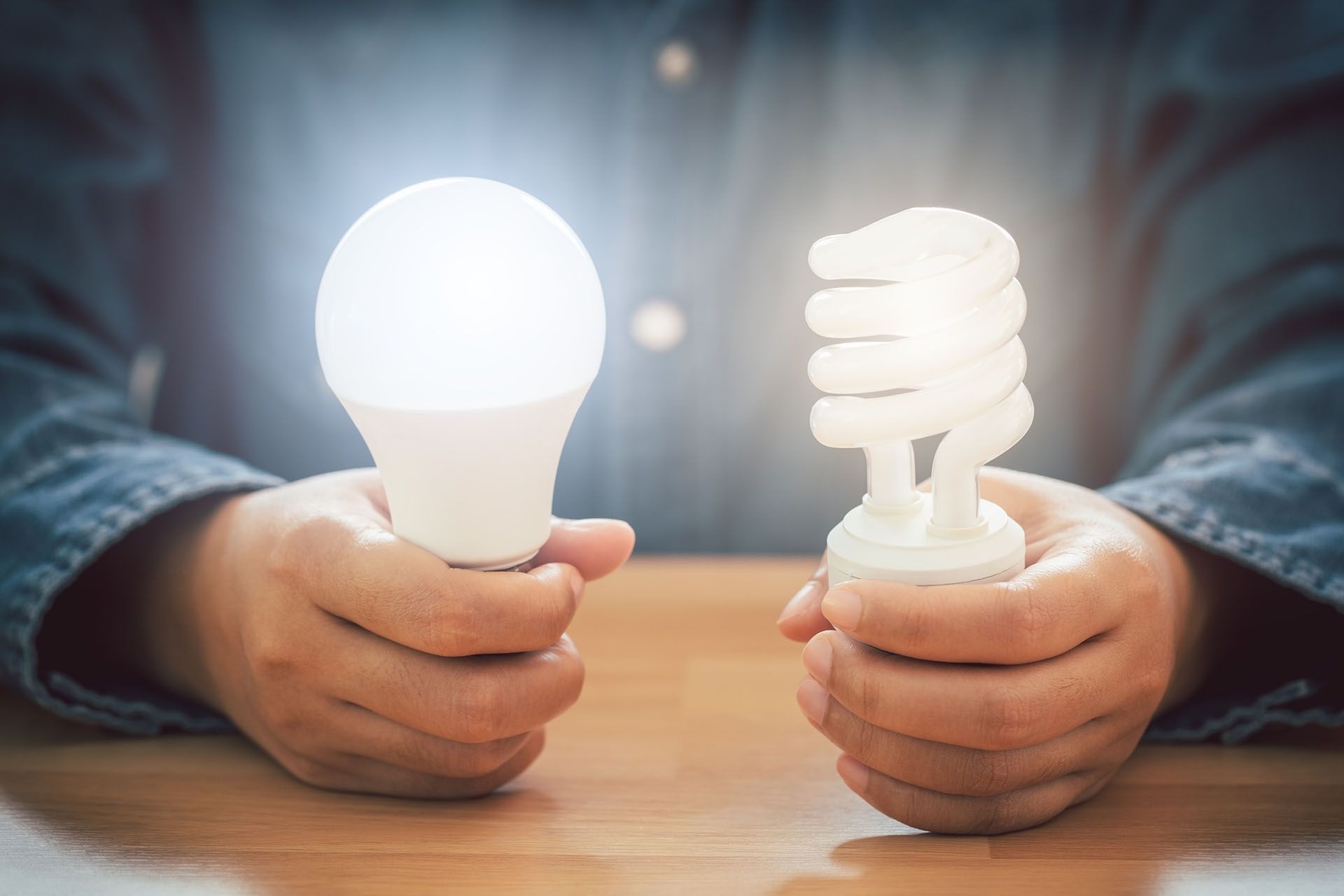
2. Unplug Unused Devices
Many electronics draw power even when turned off, known as "phantom power". Unplugging devices or using a power strip to switch off multiple items at once can help minimise unnecessary energy use. This simple step can lead to significant energy savings over time and contribute to lower electricity bills.
3. Use Solar Panels
By harnessing the power of the sun, solar panels generate clean, renewable energy that can power your home, cutting down on reliance on traditional electricity sources. This not only lowers your monthly energy bill but also helps reduce your carbon footprint, supporting global efforts to combat climate change. Investing in solar panels is an investment in long-term savings and environmental responsibility.
4. Adjust Your Thermostat
Set your thermostat a few degrees lower in winter and higher in summer to conserve energy. A programmable thermostat can automate temperature adjustments based on your schedule, further helping you save electricity and money.
5. Seal Windows and Doors
Gaps in windows and doors can lead to heat loss in winter and heat gain in summer. Using weather stripping or sealant to seal these gaps helps maintain a consistent indoor temperature, reducing the need for heating and cooling.
6. Maintain Your HVAC System
Regular maintenance, such as cleaning or replacing air filters and scheduling annual professional check-ups, ensures your HVAC system runs efficiently, reducing energy usage and extending its lifespan. This encourages households to adopt sustainable practices consistently, contributing to long-term energy savings and environmental benefits.
7. Opt for Energy-Efficient Appliances
Invest in appliances that carry the ENERGY STAR label, signifying higher efficiency. While they may cost more upfront, they use less energy and can save you money on utility bills in the long run. Additionally, these energy-efficient appliances help reduce your carbon footprint and contribute to a healthier planet.
8. Use Natural Light
Take advantage of daylight to reduce the need for artificial lighting. Use open curtains and blinds during the day, especially on sunny days, to maximise natural light and cut down on electricity usage. This simple change not only saves energy but also creates a brighter, more pleasant living space.
9. Cook Efficiently
Use smaller appliances like a microwave or toaster oven instead of the stove or oven when possible. When using the stove, cover pots with lids to cook food faster and use less energy. These practices can significantly reduce your consumption of energy and help keep your home cooler, especially during warmer months.
10. Wash Clothes in Cold Water
Washing clothes in cold water instead of hot can save a significant amount of energy, as heating water accounts for approximately 90% of the energy used in a washing machine cycle. This simple switch not only lowers your energy bills but also helps preserve the colour and quality of your clothes.
11. Dry Clothes Naturally
Air-drying clothes is an energy-saving practice that not only reduces electricity usage but also helps maintain the quality and lifespan of your garments. When you choose to use a dryer, make sure it is fully loaded to maximise energy efficiency, as running a dryer with a full load uses less energy per item than running multiple smaller loads.
12. Use Energy-Efficient Curtains
Thermal or energy-efficient curtains are designed to provide an extra layer of insulation, helping maintain a comfortable indoor temperature year-round. In winter, they prevent warm air from escaping through windows, reducing heating costs, while in summer, they block out heat and sunlight, keeping your home cooler and less reliant on air conditioning. This not only lowers your electricity bill but also extends the life of your HVAC system by reducing its workload.
13. Reduce Water Heating Costs
Lower the temperature on your water heater to 49°C, which is sufficient for most household needs. Taking shorter showers and using water-saving fixtures can also help save energy used for water heating.
14. Invest in Insulation
Proper insulation in your walls, roof, and floors helps maintain a stable indoor temperature, reducing the workload on heating and cooling systems. This can lead to lower energy consumption and reduced electricity costs.
15. Close Doors and Vents in Unused Rooms
Closing doors and vents to rooms that are not in use helps concentrate heating or cooling where it's most needed, allowing your HVAC system to work more efficiently. This reduces the workload on your heating and cooling systems, which in turn saves and energy and lowers consumption of energy and extends the lifespan of your equipment.
16. Limit the Use of Space Heaters and Air Conditioning
Using space heaters and air conditioning only when necessary helps save energy usage, which can lead to significant savings on your electricity bill. When you do need to maintain comfort, try using ceiling fans, which circulate air effectively and consume far less energy than air conditioning units. Opening windows for natural ventilation is another simple way to keep your home cool and fresh without relying on mechanical cooling.
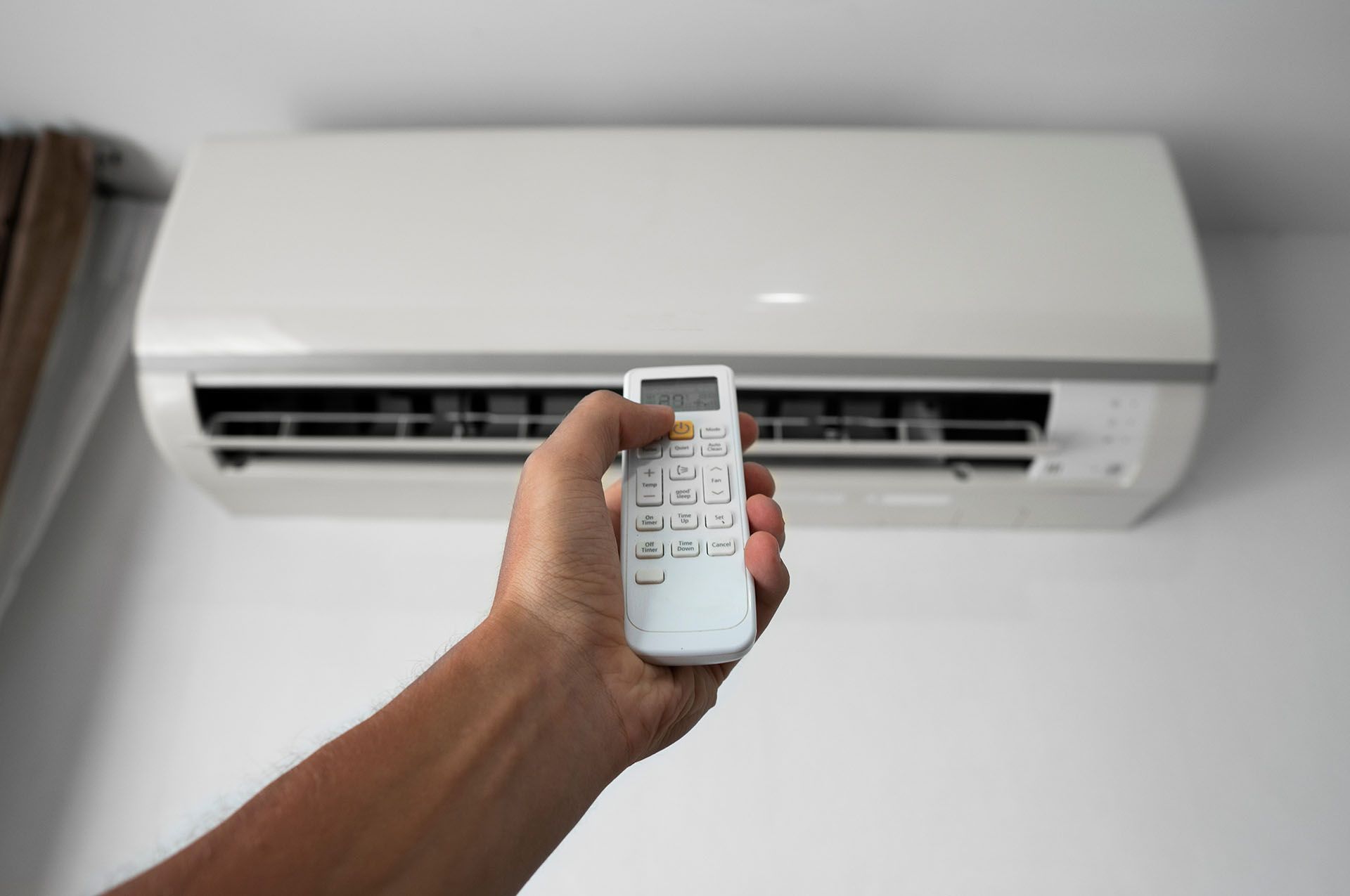
17. Run Appliances During Off-Peak Hours
Many utility companies offer lower rates during off-peak hours, usually at night or early morning. Running appliances like dishwashers and washing machines during these times can help reduce your energy costs.
18. Monitor Your Energy Usage
Smart meters or energy monitoring devices provide real-time insights into your energy consumption. This helps you identify which appliances use the most energy and adjust your habits to save money. They also allow you to set energy-saving goals and track your progress, motivating you to continue making eco-friendly choices.
19. Replace Old Windows
Double-glazed or energy-efficient windows provide better insulation, preventing heat loss in winter and heat gain in summer. This helps reduce the energy needed to maintain comfortable temperatures inside your home.
20. Choose the Right Energy Plan
Electricity and gas retailers offer various plans that can help households manage their energy costs more effectively, often with incentives for reducing consumption. By comparing these plans and choosing the one that aligns with your energy habits, you can maximise savings and make more informed decisions about your household's energy use.
Takeaway
Adopting power-saving hacks can lead to a significant reduction in your electricity costs. By making small, smart changes like switching to energy-saving appliances, using natural light, monitoring your energy usage, and getting the right energy plan, you can lower your bills and reduce your environment impact.
If you’ve tried everything to save energy but your electricity bills are still higher than you’d like, it might be time to call Ronika. We can inspect your electrical system to identify hidden issues that could be driving up your energy costs and fix them for you. Let us take the guesswork out of saving electricity with expert advice and reliable repairs based on your needs.



